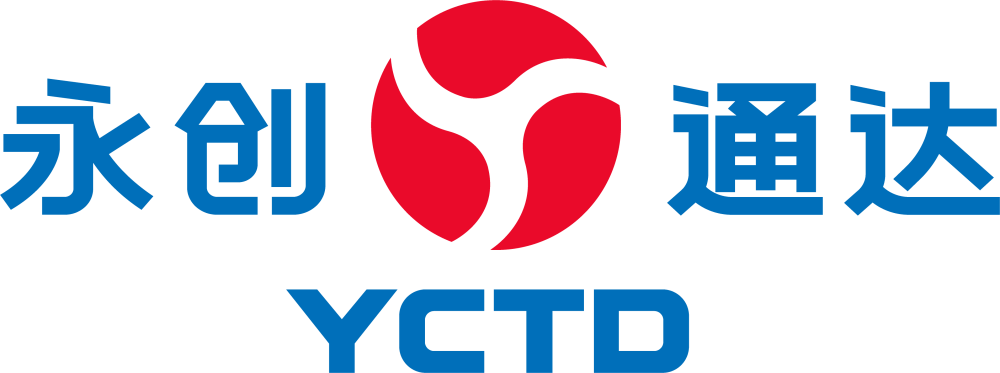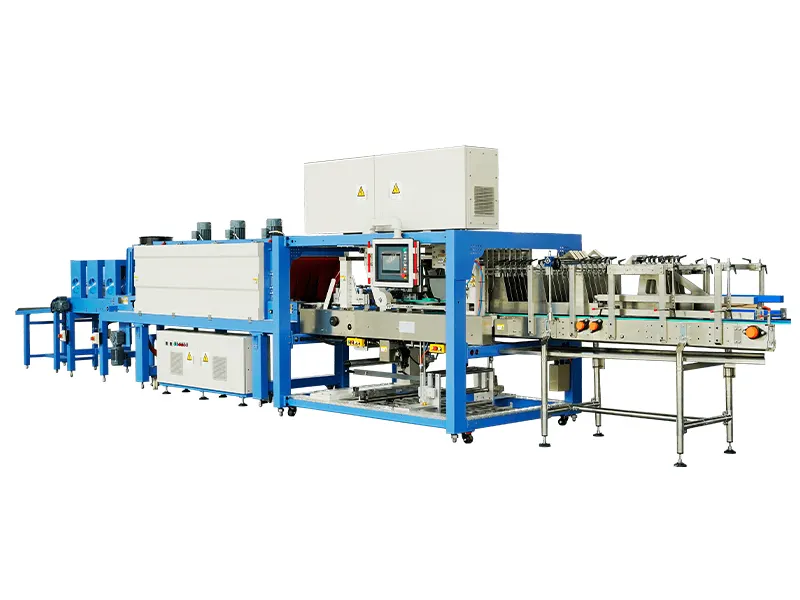Transform Your Production Efficiency with Advanced Conveyor Solutions
Modern manufacturing facilities face ever-evolving challenges in optimizing their production processes. Modular conveyors have emerged as a revolutionary solution, offering unprecedented flexibility and efficiency in material handling operations. These innovative systems represent a significant leap forward from traditional fixed conveyor installations, providing adaptable configurations that can evolve with your business needs.
The industrial landscape has witnessed a dramatic shift toward agile manufacturing practices, and modular conveyors stand at the forefront of this transformation. By incorporating these versatile systems into your production line, you can achieve remarkable improvements in throughput, reduce downtime, and create a more responsive manufacturing environment.
Key Benefits of Modular Conveyor Systems
Enhanced Flexibility and Scalability
Modular conveyors offer unparalleled adaptability in production environments. Their sectional design allows for quick reconfigurations, expansions, or modifications to meet changing production requirements. Whether you need to add new processing stations, modify line layouts, or accommodate different product sizes, these systems can be easily adjusted without the need for complete system overhaul.
The scalability of modular conveyors extends beyond simple length adjustments. These systems can be integrated with various accessories, including transfer units, curves, and elevation changes, enabling complex material handling solutions that grow with your business needs. This adaptability ensures your initial investment continues to deliver value as your production requirements evolve.
Cost-Effective Maintenance and Operations
The modular design significantly reduces maintenance complexity and associated costs. Individual sections can be quickly replaced or serviced without affecting the entire system, minimizing production interruptions. This targeted maintenance approach results in shorter downtime periods and more efficient resource utilization.
Operational costs are further reduced through standardized components and simplified spare parts management. The ability to stock fewer replacement parts while maintaining system reliability creates substantial long-term cost savings. Additionally, the modular nature allows for easy cleaning and sanitization, particularly crucial in food and pharmaceutical applications.

Advancing Production Line Efficiency
Streamlined Material Flow Management
Modular conveyors excel in optimizing material flow throughout the production process. Their versatile design enables smooth transitions between different production stages, reducing bottlenecks and improving overall line efficiency. The ability to quickly modify layouts ensures optimal product routing and minimal handling time.
Advanced control systems integrated with modular conveyors provide precise product tracking and movement coordination. This level of control enables sophisticated production sequencing and helps maintain consistent product flow, even in complex manufacturing environments. The result is improved throughput and reduced production cycle times.
Integration with Industry 4.0 Technologies
Modern modular conveyors seamlessly integrate with smart manufacturing systems and Industry 4.0 technologies. Their compatibility with automated control systems, sensors, and data collection devices enables real-time monitoring and optimization of material handling operations. This integration provides valuable insights into system performance and helps identify opportunities for further efficiency improvements.
The digital connectivity of modular conveyor systems facilitates predictive maintenance strategies and automated adjustment capabilities. These features contribute to reduced downtime and improved overall equipment effectiveness (OEE), essential metrics in today's competitive manufacturing landscape.
Environmental and Safety Considerations
Sustainable Manufacturing Practices
Modular conveyors contribute significantly to sustainable manufacturing initiatives. Their energy-efficient design and optimized operation reduce power consumption compared to traditional conveyor systems. The ability to reconfigure and repurpose components extends system lifecycle and minimizes waste, aligning with environmental sustainability goals.
Advanced materials and design considerations in modern modular conveyors also support eco-friendly operations. Many systems incorporate recyclable materials and energy-recovery features, further reducing their environmental impact while maintaining high performance standards.
Enhanced Workplace Safety Features
Safety considerations are paramount in modular conveyor design. These systems typically incorporate advanced safety features such as emergency stops, guard rails, and enclosed moving parts. The modular construction allows for easy installation of additional safety equipment and modifications to meet specific workplace safety requirements.
Ergonomic considerations in modular conveyor design help reduce worker strain and improve operational safety. Adjustable heights, accessible maintenance points, and clear visibility of operation areas contribute to a safer working environment while maintaining efficient production flow.
Future-Proofing Your Production Line
Adaptability to Market Changes
Investing in modular conveyors positions your facility for future success. These systems provide the flexibility to adapt to changing market demands, new product introductions, and evolving production requirements. The ability to quickly reconfigure layouts and modify material handling capabilities ensures your production line remains competitive and responsive to market opportunities.
The modular approach also facilitates easier technology upgrades and system expansions. As new innovations emerge in conveyor technology, individual components can be updated or enhanced without requiring complete system replacement, protecting your long-term investment.
Long-term ROI Considerations
The initial investment in modular conveyors typically delivers superior long-term returns compared to traditional fixed systems. Reduced maintenance costs, improved operational efficiency, and extended system lifespan contribute to favorable ROI calculations. The ability to reconfigure and repurpose components as needed eliminates the need for complete system replacement when production requirements change.
Additionally, the improved production efficiency and reduced downtime achieved with modular conveyors often result in faster payback periods. These systems continue to deliver value through their adaptability and sustainable operation long after the initial investment is recovered.
Frequently Asked Questions
How quickly can modular conveyors be reconfigured for different production needs?
Modular conveyors can typically be reconfigured within hours or days, depending on the complexity of the changes required. Simple layout modifications might take just a few hours, while more complex reconfigurations involving multiple sections and accessories could require a day or two. This is significantly faster than traditional fixed conveyor systems, which might require weeks for similar changes.
What industries benefit most from modular conveyor systems?
While modular conveyors offer advantages across various industries, they are particularly beneficial in food and beverage processing, pharmaceutical manufacturing, automotive assembly, and electronics production. Any industry requiring frequent line changes, strict hygiene standards, or flexible production capabilities can significantly benefit from modular conveyor systems.
How do modular conveyors support compliance with industry regulations?
Modular conveyors are designed to meet various industry standards and regulatory requirements. Their easily cleanable surfaces, sanitization-friendly materials, and ability to incorporate safety features make them ideal for regulated industries. The modular design also facilitates updates and modifications to maintain compliance as regulations evolve.

